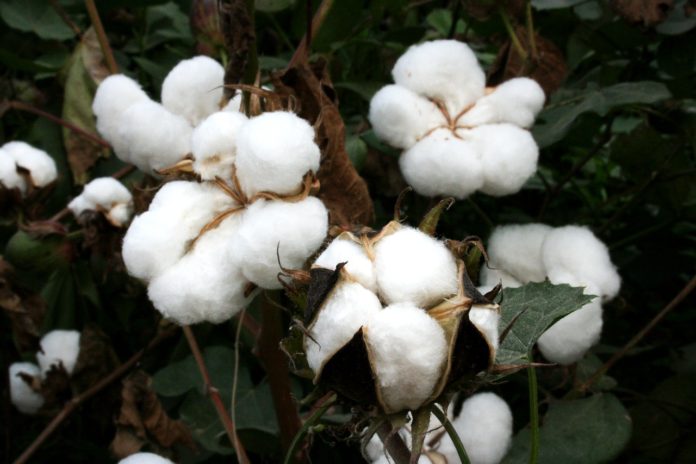FAISALABAD (ABC) — The Punjab government has engaged agriculture graduates to assist farmers in increasing cotton production.
These efforts are being made under the Cotton Action Plan 2024-25 developed by the provincial government.
Muhammad Ali, who recently graduated from the University of Agriculture Faisalabad, hailed the government’s decision and said efforts must be made to engage educated youth in the agriculture sector.
He said a majority of the youngsters were not ready to pursue careers in agriculture, which was worrisome, and the authorities need to take this matter seriously.
Talking to WealthPK, he said the government’s plan to engage graduates for guidance of farmers would transform the existing agriculture patterns.
“By interacting with farmers, the graduates will learn the real issues hampering productivity and profitability.
We will try to forward these issues to the officials concerned for prompt solutions,” Ali added.
Director of Agriculture Extension, Faisalabad Division, Abdul Hameed told WealthPK that the Punjab government was utilising all resources to boost output of cotton crop.
He said monitoring of the cultivation practices was being conducted at the divisional, district, tehsil and union council levels.
He said besides its own staff, the agriculture department was also engaging agriculture graduates to have close liaison with growers to help them boost their yields.
Expressing confidence in the plan’s effectiveness, he said it would be a game-changer for the country’s textile sector and ensure stabilisation of the national economy.
Ali, a textile exporter, said that it’s praiseworthy that the provincial government was focusing on boosting cotton produce by engaging graduates.
However, he said only boosting the cotton production wasn’t enough and the government would have to reduce the cost of production, which was very high in Pakistan compared to regional business rivals.
“When millers are not in a position to run their units due to high cost of energy, how will a bumper cotton crop benefit the textile industry or national economy,” he questioned.
“Without ensuring availability of affordable energy, all efforts of increasing the cotton production will prove a dud,” he said, adding Pakistan’s exporters were losing international clients due to high production costs.
Abdul Hameed, Director of Agriculture Extension, said cotton cultivation in Faisalabad, Toba Tek Singh, Jhang and Chiniot would give good results as the agriculture department was in contact with farmers.
“For on-the-ground assistance of farmers, different committees have been formed at the village level to ensure availability of inputs.”
Muhammad Ali, the fresh graduate, said assistance of young agriculture experts could help bring significant benefits to farmers as they (graduates) were equipped with modern farming knowledge.
“Our farmers need knowledge about crop protection, plant breeding and soil management to help them bolster their productivity.”
“We have to increase crop yields so that our farmers can earn a good living. Surging costs of agricultural inputs are making it difficult for farmers to effectively gain benefits.
For long-term sustainability we have to adopt precision agriculture and automation,” he said.
However, farmers were not ready to move away from traditional farming practices, he added.
Ali believes that interaction of agriculture graduates with farmers will help introduce on-farm technological applications.

